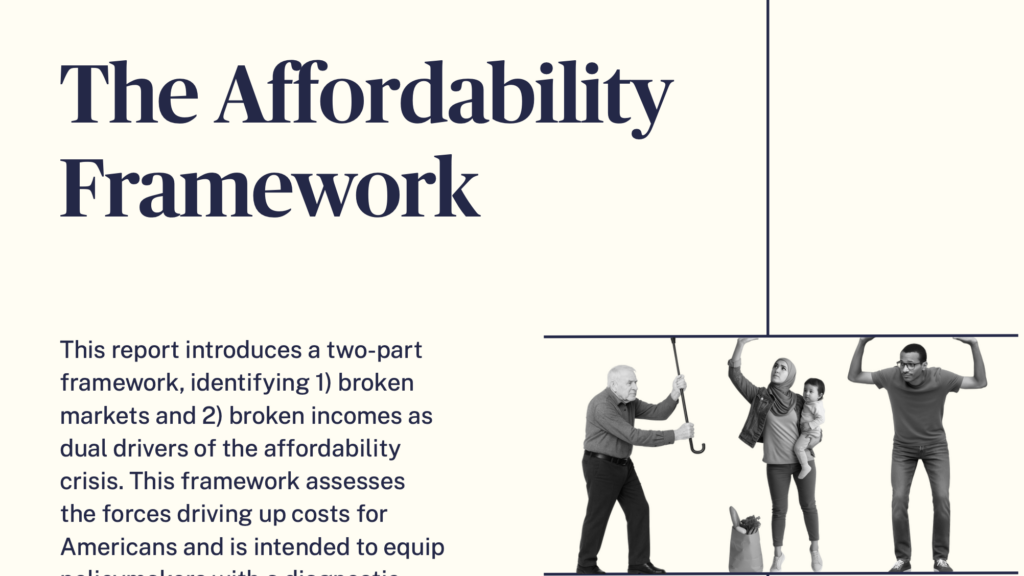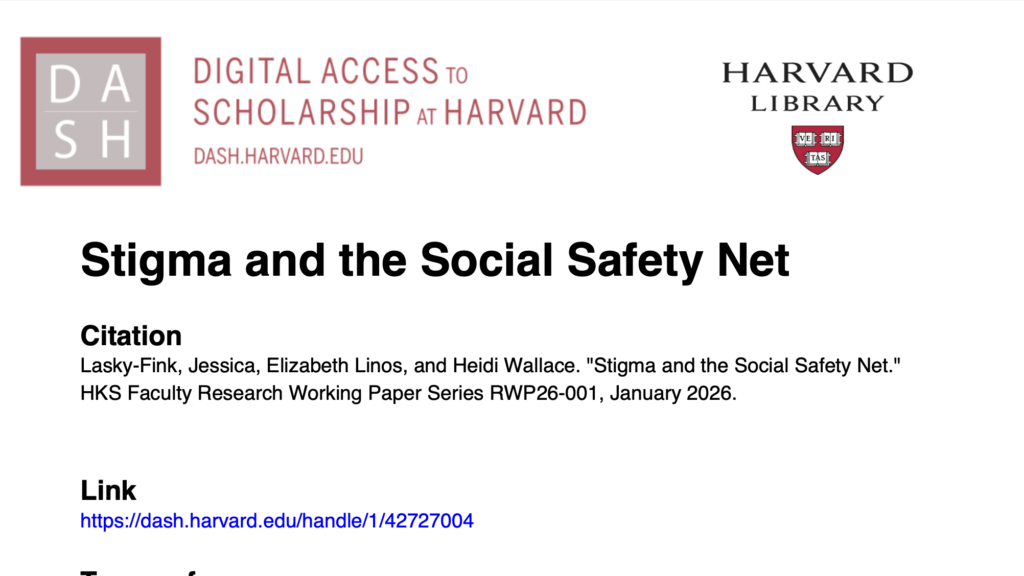How Would a State Cost Share Affect SNAP in a Recession?
This report analyzes how proposed state cost-sharing requirements for SNAP would impact benefit access and poverty during a recession, projecting significant risks to low-income households if states are unable to maintain SNAP funding.

The report models the effects of introducing a 10% state cost share for Supplemental Nutrition Assistance Program (SNAP) benefits during a recession similar to the Great Recession.
Under current federal funding, SNAP expands automatically to meet increased need, lifting nearly half a million people out of poverty. With a 10% state cost share, however, states would collectively need to provide an additional $980 million or face the alternative of reducing benefits across the board. Such cuts could push 862,000 more people—including 355,000 children—into poverty. The findings highlight how cost-sharing could constrain SNAP’s role as a responsive safety net during economic downturns.
Share this Resource:


